Conference Speakers
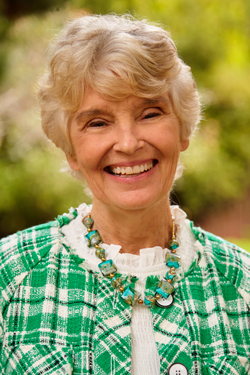
Dr. Sarah Blackstone
Sarah W. Blackstone is a past President and Fellow of the International Society for Augmentative and Alternative Communication and a founder of USSAAC. She currently serves on the Advisory Council for the National Institute of Deafness and Other Communication Disorders at the National Institutes of Health. She is a member of the Board at The Bridge School, the Central Coast Children’s Foundation and the Community Emergency Response Volunteers of the Monterey Peninsula. Employment history includes Augmentative Communication Inc., the Rehabilitation Engineering Research Center (RERC) on Communication Enhancement, Kennedy Institute and Johns Hopkins Department of Rehab Medicine, Berkeley Unified School District and the American Speech-Language Hearing Association. Publications include Social Networks: A Communication Inventory for Individuals with Complex Communication Needs and their Communication Partners (2012); Patient Provider Communication Roles for Speech-Language Pathologists and Other Health Care Professionals (2015), chapters and peer-reviewed articles. Blackstone’s current professional interests include: addressing the needs of children with cortical visual impairment who require AAC, the development of emotional competencies in children who rely on AAC and ensuring that people with disabilities are not forgotten before, during and after natural or man-made disasters.
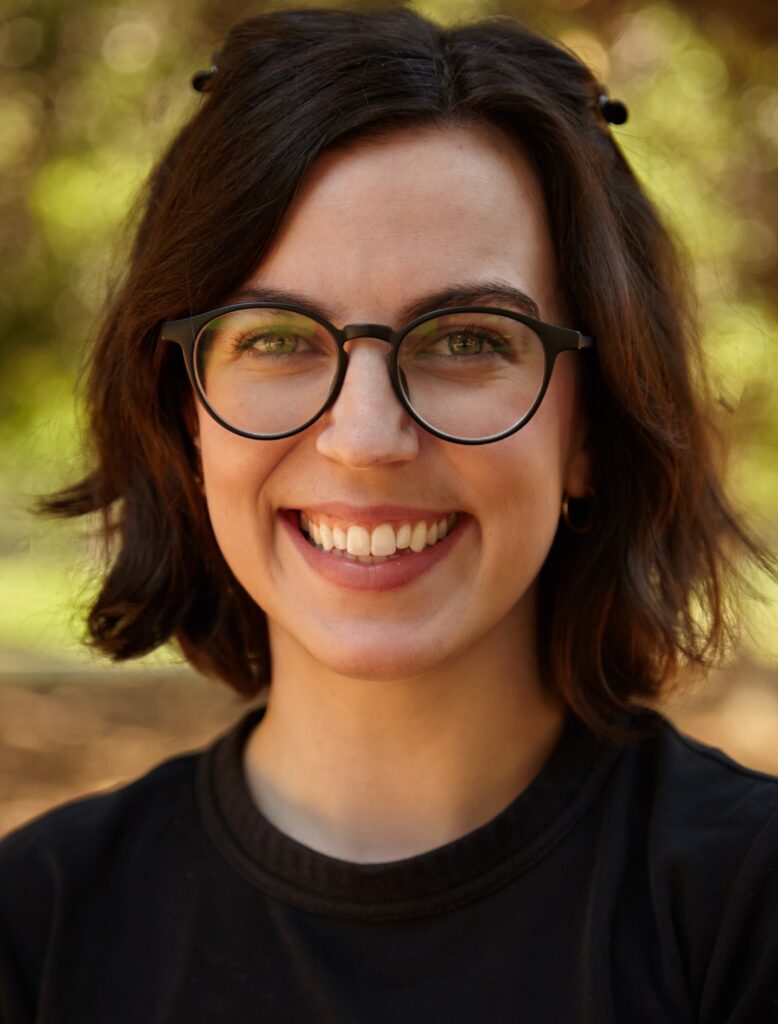
Amanda Eiser Hess
Amanda is a speech-language pathologist at the Bridge School, where she specializes in augmentative and alternative communication (AAC). Her expertise includes working collaboratively with her team to figure out how our preschool and kindergarten students communicate at present and how to best support their communication in the future. She is also interested in the areas of social emotional wellness and vocabulary development for AAC users. Amanda received her BA degree in Speech-Language-Hearing Science from Temple University and MS degree in Speech-Language Pathology from the University of Arizona.
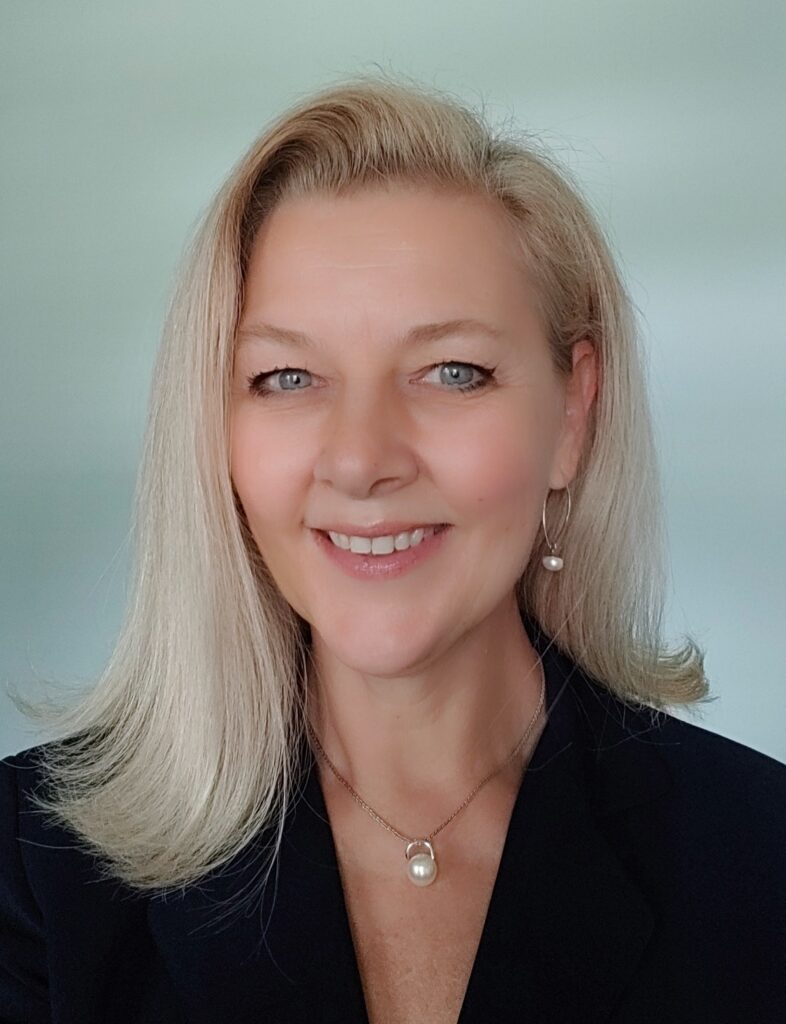
Lynn Elko, MA
Lynn is first and foremost a Mom. Her daughter Emma, now 20, is an AAC user and power chair driver with an ultra-rare neurodevelopmental genetic disorder (hnrnph2). Emma’s CVI needs were not addressed until age 15 when the Elkos first met Dr. Christine Roman. Witnessing how profoundly CVI impacts everything in a child’s world, Lynn began adapting an AAC system to meet Emma’s CVI Range score (5++, 5.25). It was only then, with CVI specific AAC adaptations based on the work of Dr. Christine Roman, that Emma became more than just a body-based communicator.
Collaborating with Dr. Krista Wilkinson, Tara McCarty, doctoral candidate, Dr. Dawn Sowers, Dr. Christine Roman and Dr. Sarah Blackstone, Lynn and Emma are co-authors of a manuscript under review entitled “An evidence-based approach to AAC design for individuals with Cortical Visual Impairment.” This manuscript ties the unique adaptations of Emma’s AAC to current evidence-based practices. It is Lynn’s sincere hope this collaboration helps those in the field replicate the success Emma has experienced with her adapted system with other individuals with CVI who require AAC.
Seeing how much Emma’s life and her use of vision (current CVI Range score of 9+, 8.75) changed after implementing intentional, strategic CVI adaptations and interventions, Lynn became a fierce advocate for children with CVI and supporting their needs. She was honored, along with two other CVI Moms, with the Hall of Fame award in 2019 from the Pediatric Cortical Visual Impairment Society for spearheading the development of the PCVIS.vision website. You can keep up with Lynn and Emma, and see more of Emma’s system at www.seeCVIspeakAAC.com (@seeCVIspeakAAC).
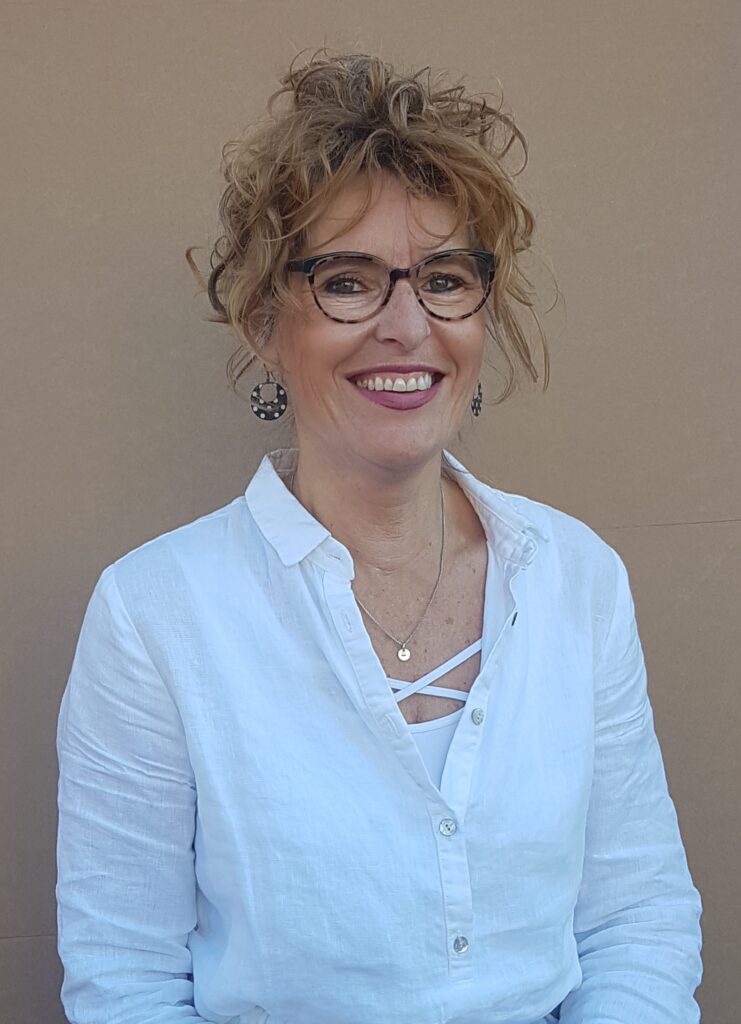
Dr. Johanna Geytenbeek
Johanna Geytenbeek is a Speech language Pathologist with over 30 years of clinical and research experience. She is specialized in treatment of eating, drinking, speech, language & communication problems in children and (young) adults with Cerebral Palsy (CP). Her PhD involved developing and validating an innovative instrument to investigate spoken language comprehension in children with complex communication needs (CCN). This instrument, the Computer-Based instrument for Low motor Language Testing (C-BiLLT) was originally developed for Dutch speaking children with CP but has since its release in the Netherlands been adapted and translated in many other languages. This instrument is the first standardised test to reliably measure spoken language comprehension in children with severe CP. Johanna won the Rehabilitation prize 2015 for most innovative idea and development in the field of paediatric rehabilitation. Combined with her work as a SLP, she currently holds the position of senior researcher at the Amsterdam University Medical Centers. She co-led the translation and validation of the Dutch version of the Communication Function Classification System (CFCS) and Viking Speech Scale (VSS) and has expanded her research in CP with; research on how functional communication and spoken language comprehension furthers our understanding of communication disorders within cerebral palsy; explore methods to make existing Patient Reported Outcome Measures (PROMs) available and meet the needs of persons with CCN and use of the C-BiLLT in children with other diagnosis such as Rett & Angelman syndrome. She is also project leader for the implementation and validation of the C-BiLLT worldwide and chair of the Stichting C-BiLLT foundation.
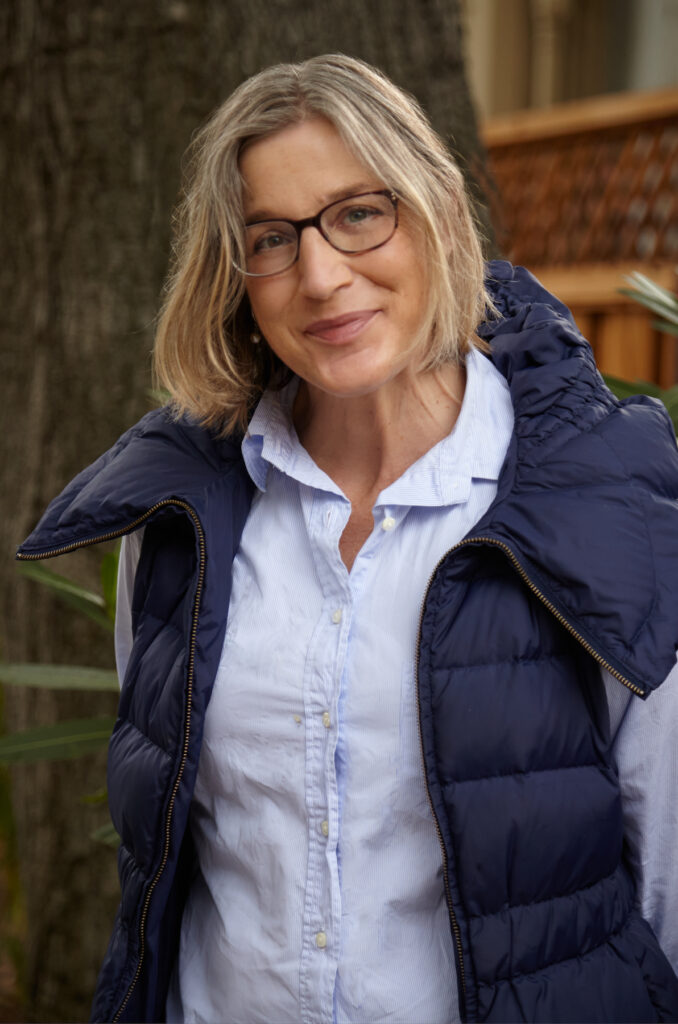
Elisa Kingsbury
Elisa is a speech language pathologist with over 25 years of experience providing school-based services. She collaborated with and learned from children, families, and professionals at The Bridge School and in Berkeley, Alameda and Mt Diablo Unified School Districts. In her 20 years at Bridge School, she worked in the Elementary, Transition and Research programs and helped to develop the Preschool program adapting the Language-Focused Curriculum from the Language Acquisition Preschool at the University of Kansas.
Providing children with access to play, movement and language has been a joy. Working with a team to improve a child’s language skills, communication outcomes and enhance their quality of life has been the most meaningful work one could imagine.
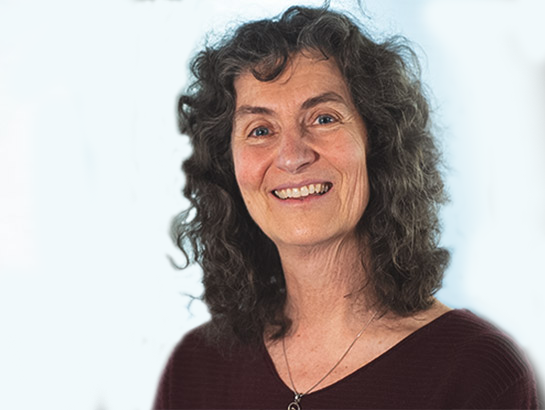
Dr. Janice Light
Janice Light, Ph.D., holds the Hintz Family Endowed Chair in Children’s Communicative Competence at Penn State University. She is actively engaged in research, teaching, service delivery, and outreach to enhance the communicative competence, language development, and literacy skills of individuals with complex communication needs. She has served as the principal investigator on more than 25 federally-funded research grants to improve outcomes for individuals who rely on . She is currently the Principal Investigator of the Rehabilitation Engineering Research Center on Augmentative and Alternative Communication (The RERC on ) and is also the project director of a federally funded doctoral training grant to support the development of the next generation of researchers, university faculty, and leaders in . Dr. Light is the author of more than 130 peer-reviewed papers. She is an Fellow and formerly served as Editor of the journal Augmentative and Alternative Communication.
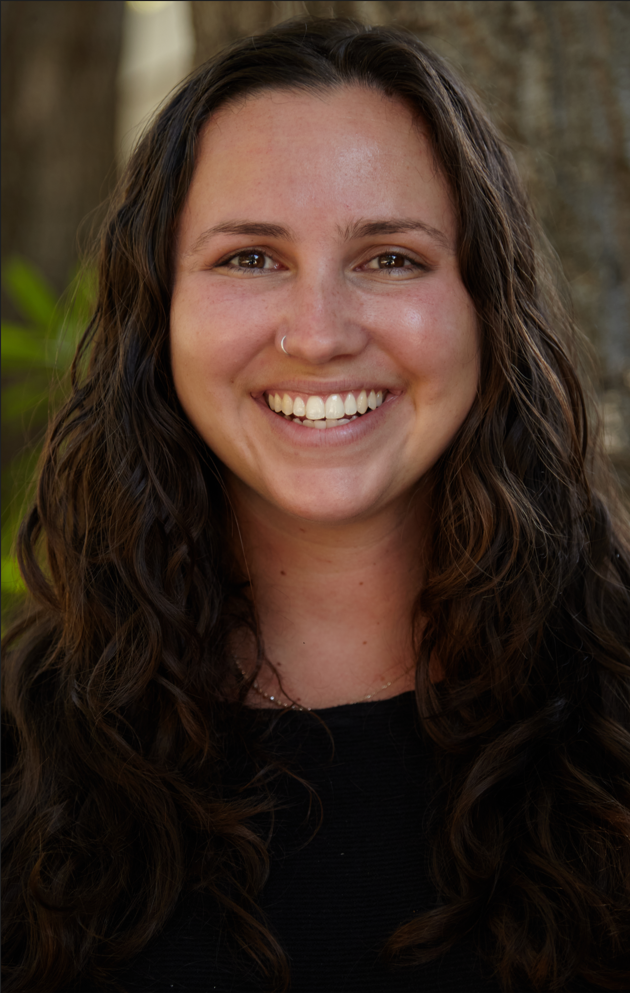
Rebecca (Becky) Matthews
Rebecca Matthews is a Speech Language Pathologist at The Bridge School where she works with Children with Complex Communication Needs and CVI. Rebecca received her M.S. in Speech Language and Hearing Sciences with an AAC Certificate from San Francisco State University where she was additionally awarded the Distinguished Graduate award. She has previously spoken at ASHA 2022 and The Bridge School CVI Summer Institute sharing her knowledge of AAC and CVI in her practice at The Bridge School. She believes in the importance of interdisciplinary and family collaboration in order to provide her students with culturally and linguistically responsible intervention. Rebecca hopes to continue to enhance and share her knowledge of AAC as her career advances.
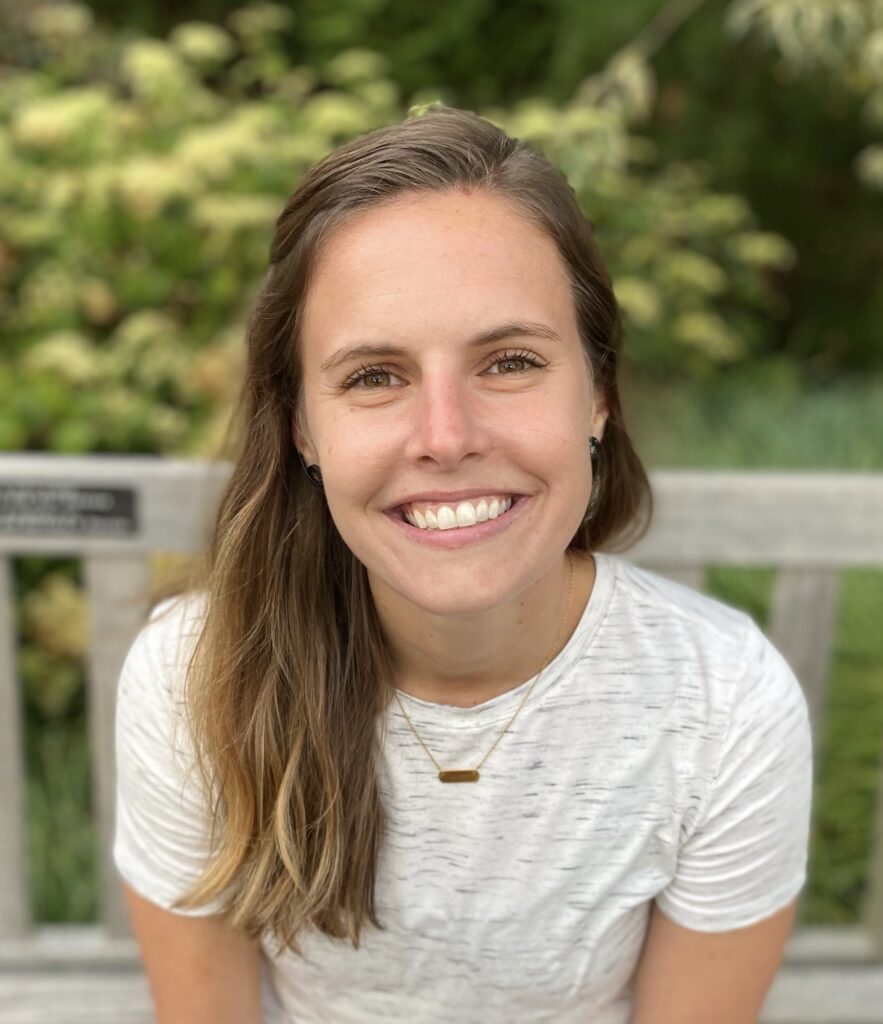
Tara McCarty
Tara McCarty is a licensed speech-language pathologist (SLP) and a doctoral candidate (ABD) at Penn State University. Tara spent 7 years working as a SLP in public school districts and served as the lead SLP for an elementary school multiple disabilities support (MDS) program. Experiences with students in this program propelled Tara to return to Penn State to work towards her doctorate degree. Tara’s research focuses on augmentative and alternative communication (AAC) solutions for individuals with multiple disabilities and cortical visual impairment (CVI). Tara’s research has two primary areas of focus: communication partner training, and AAC system design for individuals with CVI.
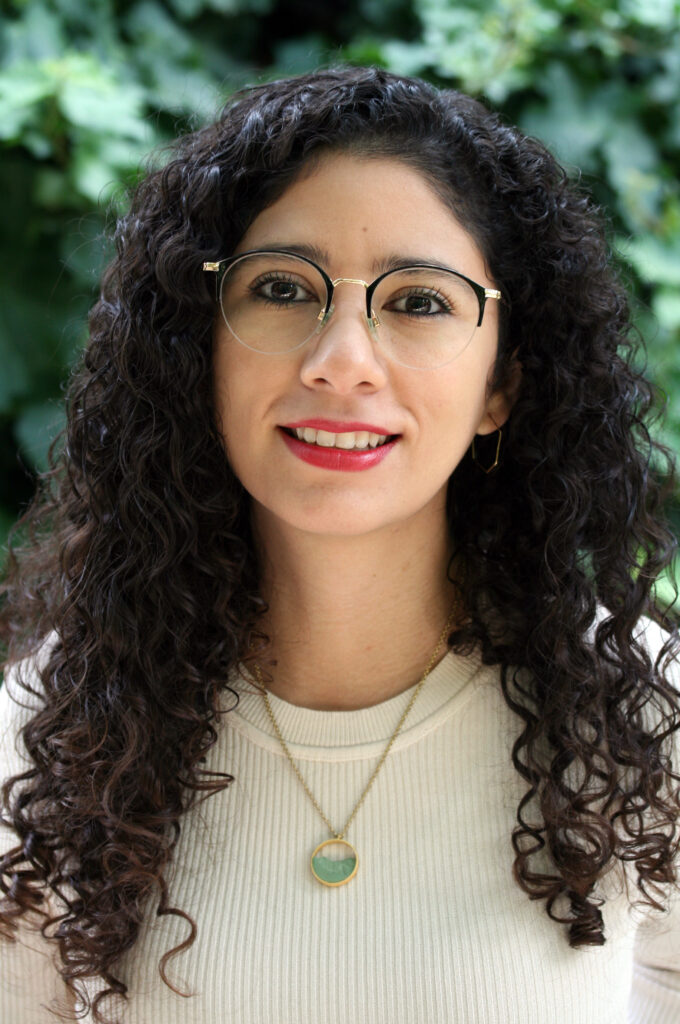
Dr. Gabriela A. Rangel-Rodríguez
Gabriela A. Rangel-Rodríguez is an associate professor at the Autonomous University of Barcelona. She has more than 15 years of experience in clinical practice with individuals with complex communication needs (CCN) and their context (family, school, peers), providing support in the socio-emotional, mental, and behavioral areas. Her current research focuses on the socio-emotional development of individuals with CCN who benefit from AAC. She participated in the creation of the Early Development of Emotional Competence (EDEC) tool and translated it into the Spanish version.
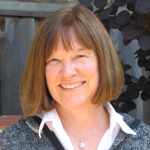
Christine Wright-Ott
Christine is an Occupational Therapist in private practice specializing in assistive technology for children with physical disabilities and is an OT consultant at the Bridge School in Hillsborough CA. She has conducted two previous NIDRR/OSERS Research and Development grant projects at the former Rehabilitation Engineering Center at Stanford. She authored the chapter Mobility in Occupational Therapy for Children and Adolescents, 4-7th editions.
She lectures at local universities and conferences including ATIA, CTG, ISAAC, ISS, SWAAAC, Penn State Low Incidence Conference and AAC by the Bay.
